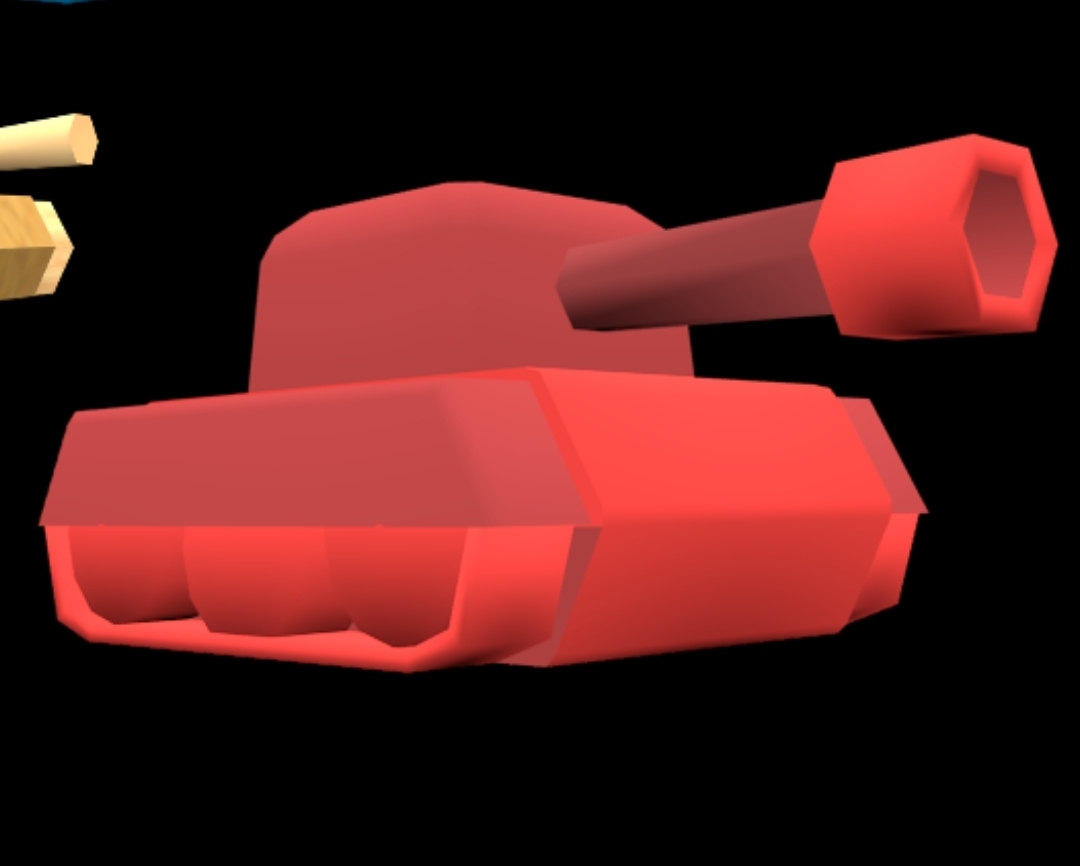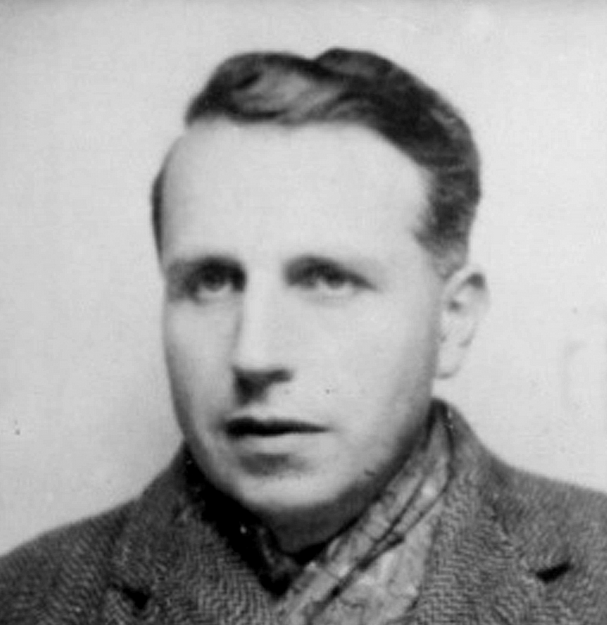As soon as someone says “there is nothing that I can do about it”, it already shows they are not fully class conscious
if EVERYONE was class conscious there wouldn’t be a need for a revolution. That would even include cops so we could just stop listening to the rich and ignore them lol. What are they gonna do about it in that imaginary scenario?
Even if everyone was class conscious, people could still act in self-interest. For example, cops could keep protecting capitalists if they were paid enough.
if the cops were truly class conscious theyd know that theyd be better off not being the ruling classes dogs.
No, because that wouldn’t be true. The bourgeoisie could trivially pay any sufficiently small group of people so that it’s in their best interest to follow along. This is true of cops but also of lawmakers (small groups of people that exert great control), so the current system would be rigged in favor of the ruling class even under perfect cooperation of the proletariat.
That’s not to say I’m 100% sure a revolution needs to happen. Most likely, it does, but the reasoning above does not rule out specific cases (e.g., conditions where the threat of a revolution could provide sufficient leverage, or “loopholes” in a legal system that might allow an additional advantage for a cooperating majority).
No your thinking too logically, and thinking about this scenario like its the real world at all. This hypothetical is so unrealistic that it changes all dynamics and makes things like that non-functional. You have to think about it from the perspective of all value, and all wealth derives from workers. So as soon as all workers are class conscious the rich stop being rich. You can’t reward cops, and politicians for serving you if the workers you need to use to reward them wont work.
Its not a realistic scenario at all, its like hitting a magic red button and dissolving capitalism instantly. Even 90% class consciousness works like how your describing because there are still mechanisms for the rich to reward their elites, but in a 100% scenario that all breaks down. If 100% of people had true class consciousness and just inherently knew how to make their material conditions better everyone would turn on the rich except the rich. Theres no logical reason at that point not to do so. Money literally becomes valueless, and every worker could go on strike and every other workers would support them. The reason the mechanisms to keep control of society by the rich work now is because they divide and conquer. If everyone stopped listening all at once there is no way to keep control. Its already over at that point.
It is indeed true that if you instantly ended capitalism, there would be no way to bribe cops or other groups against the working class. But if you simply give all workers class consciousness, you are not instantly ending capitalism. Workers would not be able to refuse to work because they have no capital and cops would prevent them from breaking the cycle, then capitalists would keep those cops working for them.
I actually made a post in !mathematics@lemmygrad.ml looking at this specific hypothetical scenario from a mathematical perspective. The comments are especially interesting.
How would the cops stop them? If everyone has class consciousness at the same time, they can just all refuse to work at the same time and overwhelm the cops. The cops may be considered a separate class, but aren’t a separate entity from society and would quickly feel the effects of everyone turning against them. Even the US 2020 protests had a lot of cops quitting, in spite of it being a fraction of the populace organizing to protest police brutality, specifically, without even necessarily having class consciousness as the backbone of it.
I would venture to say one of the reasons organizing a vanguard is necessary is precisely because it’s so unrealistic to have everyone class conscious at the same time as a precursor to revolution. There is also outside repression too, so if you only had one people/nation class conscious, but not the whole world, then you could still have them violently repressed by outside forces anyway if they have no vanguard. But if we’re hypothesizing everyone the world over being class conscious at the same time, the only way I see repression working for long is if we’re supposing that class consciousness can be undone in this scenario, with violence enough that people cave. Otherwise, I’d think we’re talking about little more than a countdown until the capitalists are overwhelmed, with the worst case scenario for the working class being that the capitalists have a literal fortress to hide themselves in for a while - but even then, there wouldn’t be a whole lot they can rule over from hiding if nobody believes in the system they’re pedaling and understands that the liberation of the working class is more important and valuable to getting everyone’s needs met than any single person being immediately comfortable in the short-term. I’d think we’re talking about a level of belief and understanding that bypasses what could put many off of taking part in revolutionary struggle. Which is unrealistic in part because for many, their overriding concern is going to be when they get to eat next, and they’ll have limited patience for supposed sacrifice to make that better world over existing appearance of guarantees that the current system gives them in this way. And for some them, depending on where they land in money and such, it might be closer to a guarantee while the system lasts, even if it comes from an unsustainable system. So this is where the logistics come in, of being so critical to be capable of replacing the existing system with one that can get people’s immediate needs met, otherwise many will perceive it as a loss, even if it’s technically more “freeing” in the long-term. Along with just the humanitarian concerns, of course, of the point being to improve conditions for people.
Ultimately, I think the hypothetical can be an interesting jumping off point for getting into what it really means for people to be class conscious or not, but in practice, it’s sort of like asking, “What if a moving train suddenly became an airplane?” The consciousness for many is so tied up in their day to day capitalist living, it’s never only a matter of teaching them class consciousness, but also the maintenance of it against the inertia of the existing system and its propaganda and persuasion through how the structure of daily life informs people’s worldview. No one remains in a static state, in other words, and instead is always shifting in relation to internal and external forces.
You’re right. At the end of the day, there are many factors pushing people to act, not just greed and rationality. Thank you for your reasoning and the interesting thought experiment.
That would even include cops
I think we had a struggle session about that, cops benefit from bourgeois extraction by protecting it, therefore they are not workers. If the cops became class conscious they would defend the bourgeoisie to their last breath because without capitalism they would have lose their way of life, i.e., bullying people. They’d have to learn to actually help them which a lot of them (probably not all of course) would find unappealing
Right now in the real world yes thats true. In this hypothetical where everyone is class conscious thats not the case tho. Its not a realistic hypothetical tho. But the systems the capitalists use to reward those cops for protecting them would entirely collapse, and the cops if they were class conscious would know this, and switch sides immediately since their material conditions would be better for it.
no need for a revolution as in like we wouldn’t need to bother since everyone would just agree that ya we should do socialism
This is not true because the bourgeoisie are class conscious and that helps them fool the proletariat who are not class conscious
But the bourgeois are free and the proletariat are many. If hypothetically everyone became conscious of class war and their place in it there is only one winner.
What I don’t agree with is that the person is saying that if everyone was class conscious then revolution wouldn’t be necessary. The bourgeoisie are class conscious and they are not willing to give up their class position peacefully. Therefore, that point doesn’t hold.
Makes sense. There would be revolution but the struggle wouldn’t be as intense I suppose.
the bourgeoise do not fight their own battles tho. They would have nobody left to give orders to. So how would they wage war.
How does one become rich? Off the labor of others. If people were all class conscious they could simply stop the exploitation and work together for each other, enjoying the fruits of their labor and leaving the bougies to fend for themselves.
Yes thats exactly what i was trying to get across. Thank you for putting it in such easy to digest language comrade.
we out number them by a lot lol
Merely having class consciousness would not change the fact that the capitalist class owns the means of production, and the working class needs wages to subsist.
I would argue we only need wages to subsist because there are so few of us with class conciousness. If everyone had it we could simply stop using money, and like grocery store workers, and farmers, and truck drivers just keep doing their jobs, but give the food out for free to people, and everyone could just stop paying rent, etc. Just stop participating in the capitalist system because there would be so few people left that would try to punish you for it. Thats why “everyone” being class conscious is a bit silly because its not a realistic thing to just happen overnight, and if it did then it would be like everyone suddenly agreed to overthrow the rich all at once. There wouldnt be a need for a struggle at that point really.
deleted by creator
This is a really great write up. Thank you
The question every leftist has been trying to answer for the past 200 years is this:
“What are the conditions that would let us we wake up tomorrow and not do capitalism?”All political theory on praxis has been trying to answer this question.
If everyone were class concious, the answer would be simple: just don’t.OP, your question is touching on a great discussion between how much of our social order is arbitrary and how much is determined by material conditions (for example: having visited Cuba, a thoroughly socialist state, I witnessed racism to about the same level as would exist in progressive communities in the US despite no capitalist relations to produce it.). The dialectic between the base and the superstructure, as a Marxist might put it.
I didn’t want to muddy up my comment with a long quote, but I think this one has some nice insights.
But if reading isn’t one’s forte then the tl;dr is from Marx: “Men make their own history, but they do not make it as they please”
These are from a book called “The Utopia of Rules: On Technology, Stupidity, and the Secret Joys of Bureaucracy”
From a left perspective, then, the hidden reality of human life is the fact that the world doesn’t just happen. It isn’t a natural fact, even though we tend to treat it as if it is—it exists because we all collectively produce it. We imagine things we’d like and then we bring them into being. But the moment you think about it in these terms, it’s obvious that something has gone terribly wrong. Since who, if they could simply imagine any world that they liked and then bring it into being, would create a world like this one?
Perhaps the leftist sensibility was expressed in its purest form in the words of Marxist philosopher John Holloway, who once wanted to title a book, “Stop Making Capitalism.” . . . This is the ultimate revolutionary question: what are the conditions that would have to exist to enable us to do this—to just wake up and imagine and produce something else?
To this emphasis on forces of creativity and production, the Right tends to reply that revolutionaries systematically neglect the social and historical importance of the “means of destruction”: states, armies, executioners, barbarian invasions, criminals, unruly mobs, and so on. Pretending such things are not there, or can simply be wished away, they argue, has the result of ensuring that left-wing regimes will in fact create far more death and destruction than those that have the wisdom to take a more “realistic” approach.
Elements of the Right dabbled with the artistic ideal, and twentieth-century Marxist regimes often embraced essentially right-wing theories of power . . . in their obsession with jailing poets and playwrights whose work they considered threatening, they evinced a profound faith in the power of art and creativity to change the world—those running capitalist regimes rarely bothered, convinced that if they kept a firm hand on the means of productions (and, of course, the army and police), the rest would take care of itself.
It would come with understanding that there is something you can do about it. Mass general strikes would happen overnight, and the upper classes would captiulate or die.








